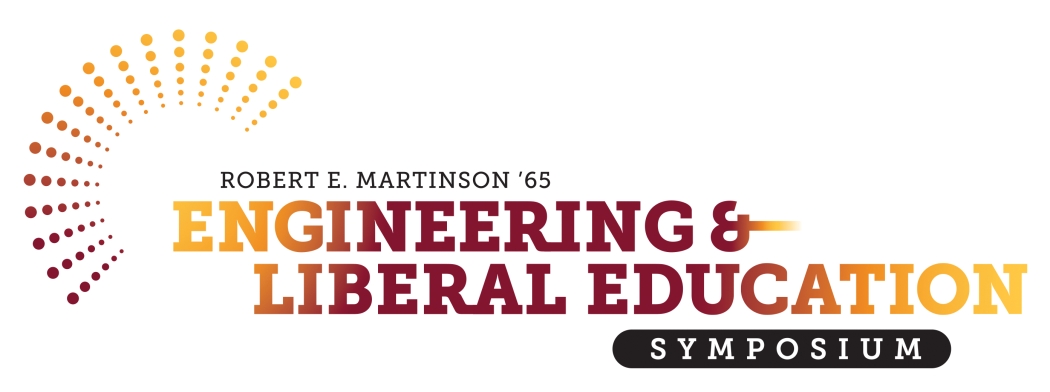Engineering at Union
Best Science Lab Facilities
Based on student ratings of their school's science lab facilities
(Princeton Review)
Announcing the Keynote Speaker for the 2023 ELE Symposium
Dr. Francesca Rossi
Francesca Rossi is an IBM Fellow and the IBM AI Ethics Global Leader.
She is based at the T.J. Watson IBM Research Lab, New York, USA, where she leads research projects and she co-chairs the IBM AI Ethics board.
Her research interests focus on artificial intelligence, with special focus on constraint reasoning, preferences, multi-agent systems, computational social choice, neuro-symbolic AI, cognitive architectures, and value alignment. On these topics, she has published over 220 scientific articles in journals and conference proceedings, and as book chapters. She is a fellow of both the worldwide association of AI (AAAI) and the European one (EurAI). She has been president of IJCAI (International Joint Conference on AI) and she is the current president of AAAI.
She is a member of the scientific advisory board of the Future of Life Institute, the board of the Partnership on AI, the steering committee of the Global Partnership on AI, and she chairs the 2023 AAAI/ACM Conference on AI, Ethics, and Society. She also co-chairs the OECD Expert Group on AI Futures. She has been a member of the European Commission High Level Expert Group on AI, that worked in 2018/2020 to support the European Commission on defining the AI ethics guidelines that led to the design of the current draft of the EU AI Act.
Abstract: Artificial Intelligence: latest advances, ethics issues, and impact on education
Francesca Rossi, IBM AI Ethics Global Leader
AI is going to bring huge benefits in terms of scientific progress, human well-being, economic value, and the possibility of finding solutions to major social and environmental problems. However, such a powerful technology also raises some legitimate concerns, related for example to the black-box nature of some AI approaches, the possible discriminatory decisions that AI algorithms may recommend, the accountability and responsibility when an AI system is involved in an undesirable outcome, the usage of data, the generation of false but plausible content, and the use or generation of copyrighted material. With its current capabilities, AI is having a rapid and profound impact on many human activities, included creative ones, ad well as on education. Without adequate and responsible answers to these challenges, many will not trust AI, and therefore will not fully adopt it nor get its positive impact, while others will use it in an unsafe way. In this talk I will present the main issues around AI ethics and the impact of this technology on our life, and describe some of the approaches used to address them.

